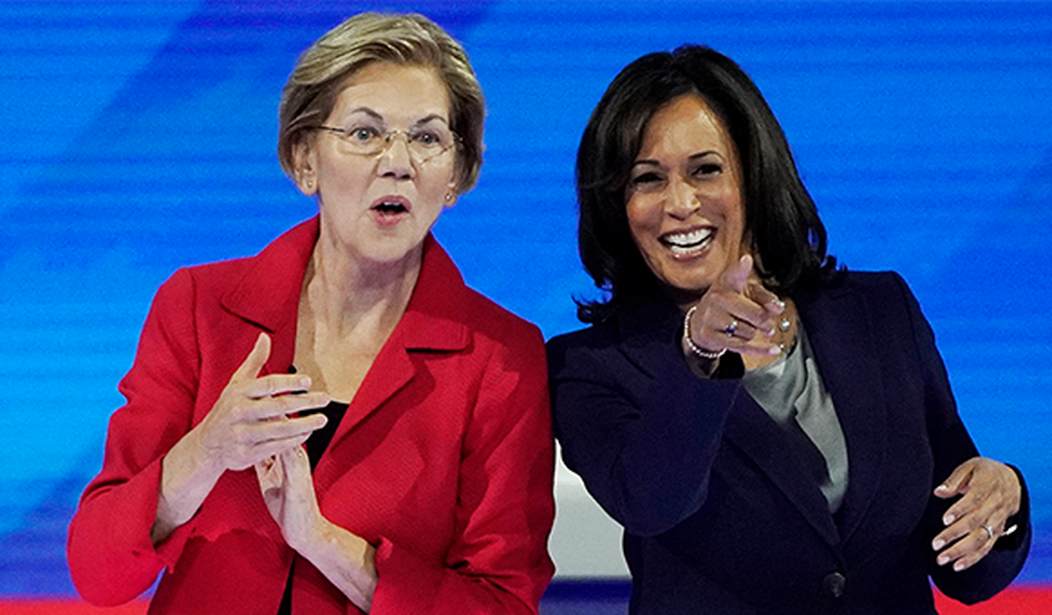The Democratic National Committee announced stricter standards for the November primary debate on Monday, raising questions surrounding which candidates will be present on stage. Both donor and polling thresholds have increased, as compared to the requirements for the September and October debates.
NEWS: The DNC is raising the qualifying threshold for the November debate to 3% in 4 polls (up from 2%) + 165,000 unique donors (up from 130,000).
— Alex Seitz-Wald (@aseitzwald) September 23, 2019
There is also a new alternative option to hit the polling threshold: 5% in 2 *early state* polls.
NEW @DNC standards for November debate:
— Domenico Montanaro (@DomenicoNPR) September 23, 2019
1. 3% in 4 natl or state polls, up from 2%
2. 5% in 2 single-state polls
3. 165k unique donors
4. Donors from at least 20 states with a minimum of 600 unique donors per state
Polling used for qualifications must have been conducted between September 13th and a week before the November debate; the date, time and location have yet to be announced. The DNC raised the polling threshold to 3 percent in at least 4 polls approved by the committee; this is a higher requirement than the previous 2 percent threshold. The DNC also requires candidates to reach at least 5 percent in early state (Iowa, New Hampshire, Nevada or South Carolina) polls.
From the monetary side, candidates must log at least 165,000 unique donors, which is increased from the previous standard of 130,000 donors.
The September 12th debate, with lower thresholds all around, brought ten candidates to the stage, including Vermont Sen. Bernie Sanders, former VP Joe Biden, New Jersey Sen. Cory Booker, former HUD Secretary Julian Castro, California Sen. Kamala Harris, Minnesota Sen. Amy Klobuchar, Massachusetts Sen. Elizabeth Warren, former Texas Rep. Beto O’Rourke, South Bend, Ind. Mayor Pete Buttigieg and entrepreneur Andrew Yang. Those who did not qualify included Hawaii Rep. Tulsi Gabbard, Maryland Rep. John Delaney, former NYC Mayor Bill de Blasio, Ohio Rep. Tim Ryan, Colorado Sen. Michael Bennet, Montana Governor Steve Bullock, former Pennsylvania Rep. Joe Sestak, Billionaire Tom Steyer and author Marianne Williamson. Since then, America’s favorite part-time mayor, Bill de Blasio, ended his presidential bid but the rest of the hopefuls remain in the race.
Recommended
Following the debate, and in most of the recent polling, the three front runners appear to be the former Vice President, Sen. Bernie Sanders and Sen. Elizabeth Warren.
It remains to be seen how these changes will affect the candidates who will qualify for the fifth primary debate, but the once-wide field of presidential hopefuls is beginning to wither.

























Join the conversation as a VIP Member